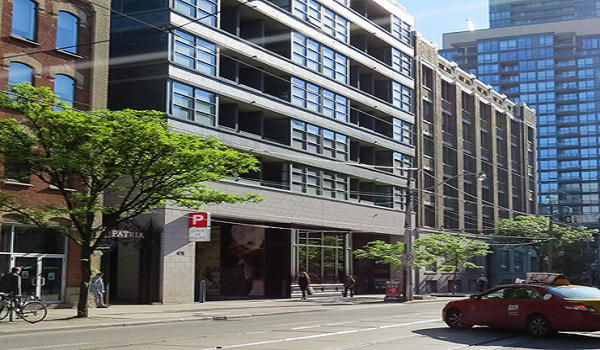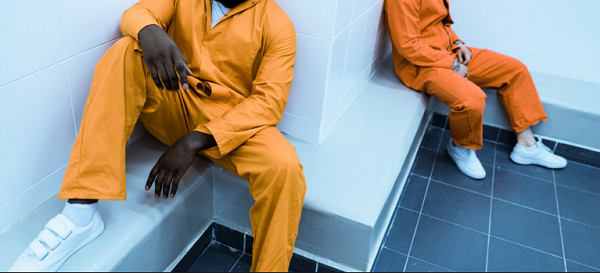Hospital network restructuring a parking lot into affordable housing
As Toronto battles rising homelessness and a housing crisis, a new housing development in Parkdale is set to open with the aim of cutting down repeated visits to the city’s emergency departments.
An initiative led by the University Health Network (UHN), in partnership with the city and United Way Greater Toronto, a former UHN parking lot near King Street West and Jameson Avenue will see 51 rental units with embedded health and social supports open up this winter.
“Whether you describe it as a humanitarian crisis or a public health crisis, the realities are that we are losing people every day in not being able to provide housing and the health implications are massive,” said Dr. Andrew Boozary, executive director of UHN’s Gattuso Centre of Social Medicine.
The city, UHN and the United Way entered into an agreement in August 2019 to create affordable homes with health and social supports throughout Toronto. Part of the agreement includes creating more than 500 homes at seven sites across the city. The housing complex opening at 150 Dunn Ave. in Parkdale will be the first, with plans to open in December or January.
Residents of the four-storey building will be chosen based on two criteria: qualifying via the city’s extensive subsidized housing wait-list, and by how often they end up in Toronto’s emergency departments and hospital readmissions.
Priority will be given to UHN patients that frequent emergency departments who are on the city’s housing wait-list. Identifying these individuals will be done in partnership between UHN and the city, as well as street outreach, shelter, 24-hour respite and program providers, said Valesa Faria, director of housing policy and strategy for the city.
Rents charged to future tenants will be deeply affordable, subsidized rents based on income, Faria said.
According to Boozary, the city had 234 patients making up more than 50,000 emergency department visits in 2019, many of whom were homeless or had no fixed address.
As of June, there are 84,749 households on Toronto’s social housing waiting list, nearly 21,000 of whom have dependants. In the first half of 2023, only 1,381 of those households were given homes, according to city data.
Residents will not have a time limit for how long they can stay at 150 Dunn Ave., which will allow for supports such as primary care at home. UHN owns the land and will also provide on-site health services through the Gattuso Centre for Social Medicine once the housing units open.
While Toronto has other supportive housing projects, “what is unique here is that tenants will have access to a wider range of health-care supports on-site through the hospital,” said Faria.
According to Faria, the project received more than $14 million from the federal government through the Rapid Housing Initiative, and is set to receive nearly $2.5 million annually from the provincial government to fund the social support services. The city has also committed $10.3 million in capital funding and financial incentives, she said.
Daniele Zanotti, president and CEO of United Way Greater Toronto, said the non-profit will fund some of the social support services. This includes 24-7 mental health, addiction and social work counselling as well as sponsoring the on-site food program, including covering the cost of furnishing the community kitchen.
“We’re also looking at navigators who would act as protection for the residents and some of the neighbourhood supports,” Zanotti said. “A navigator would help the 51 residents access supports outside of the neighbourhood, like an advocate or connector.”
Boozary said the goal is to tackle both homelessness and health-care pressures at a time when the city’s mortality rate for people dealing with homelessness means “losing 30 to 40 birthdays in their life” — roughly half as long as people who are not.
Chronic disease conditions are also two to three times higher among people who are chronically homeless, he added.
The UHN’s “social medicine housing” approach is pulled from evidence in the At Home/Chez Soi housing study in Canada, said Boozary, which shows prioritizing permanent housing for homeless people can improve health outcomes.
“There is an exacerbation of mental health conditions and a higher likelihood of people needing to be readmitted to hospital because of the pathologies of poverty around homelessness,” he said.
Toronto is currently battling a serious mismatch between supply and demand for shelter, as about 244 people were turned away from the system every day in August, according to the city’s shelter system data.
“I will be the first to say that 51 rental units will not solve the homelessness crisis at large,” said Boozary. “Hopefully this helps blow open any sense of complacency around the housing crisis, because this is fundamentally a public health emergency.”
This article was reported by The Star
















